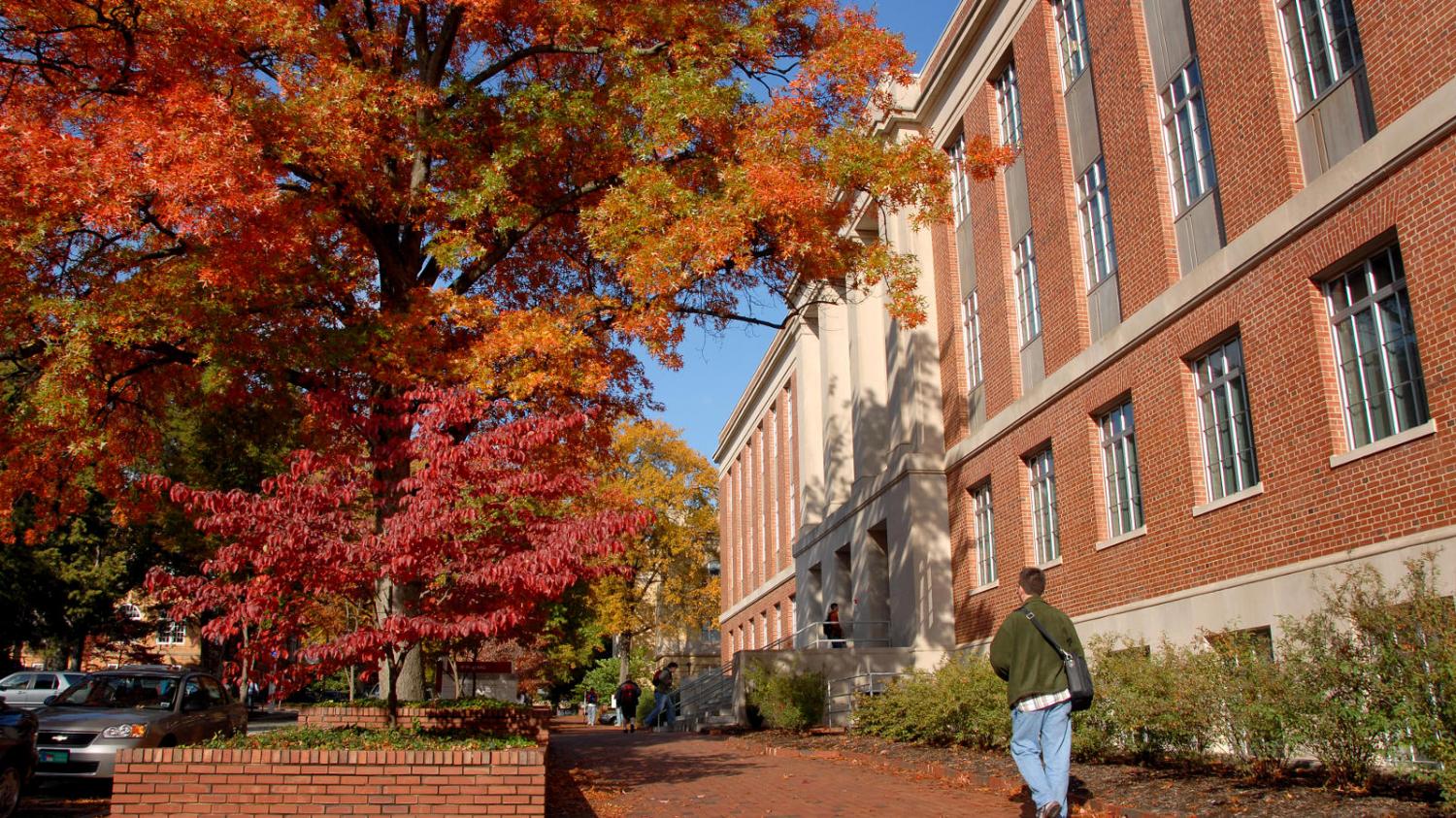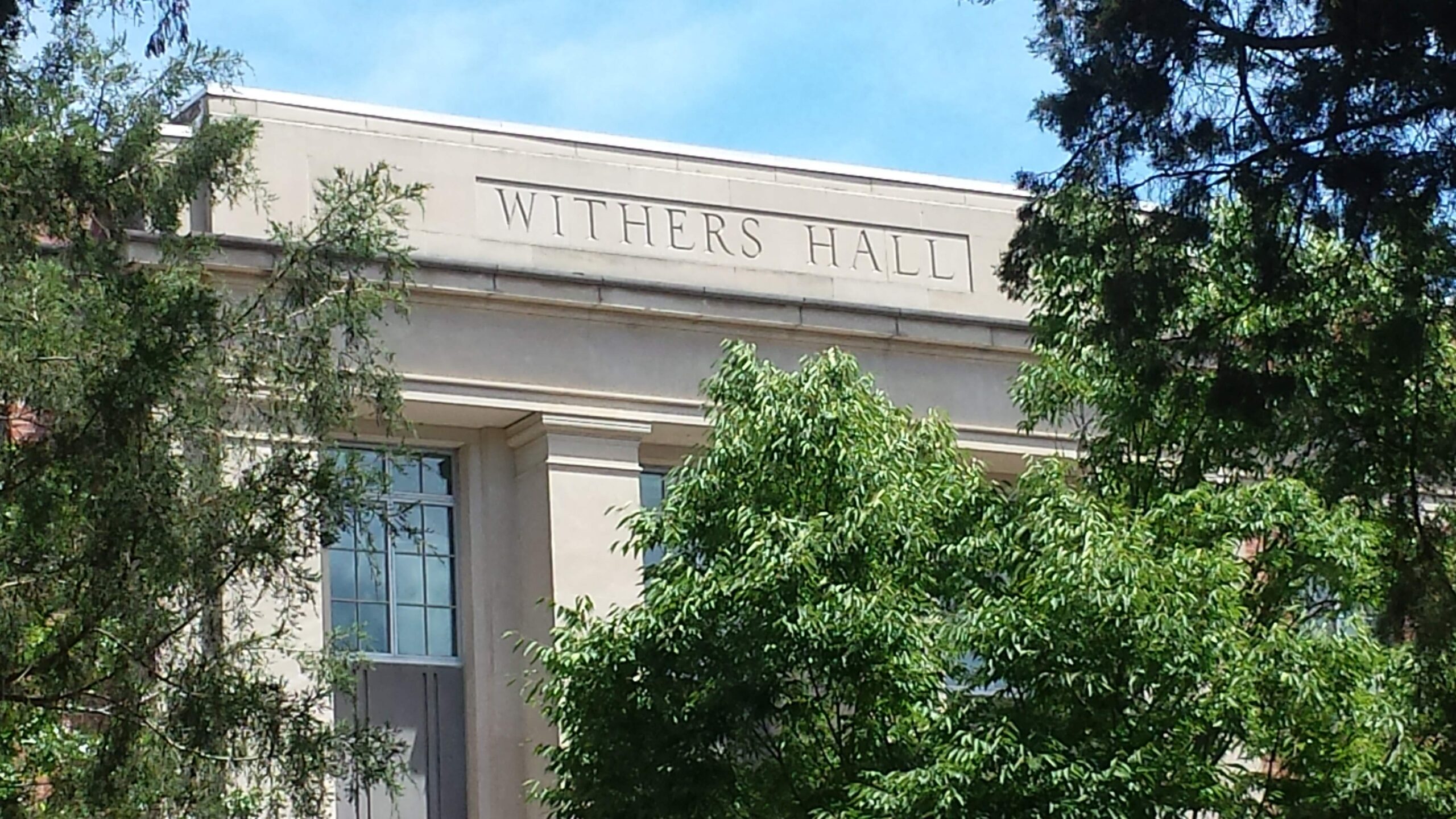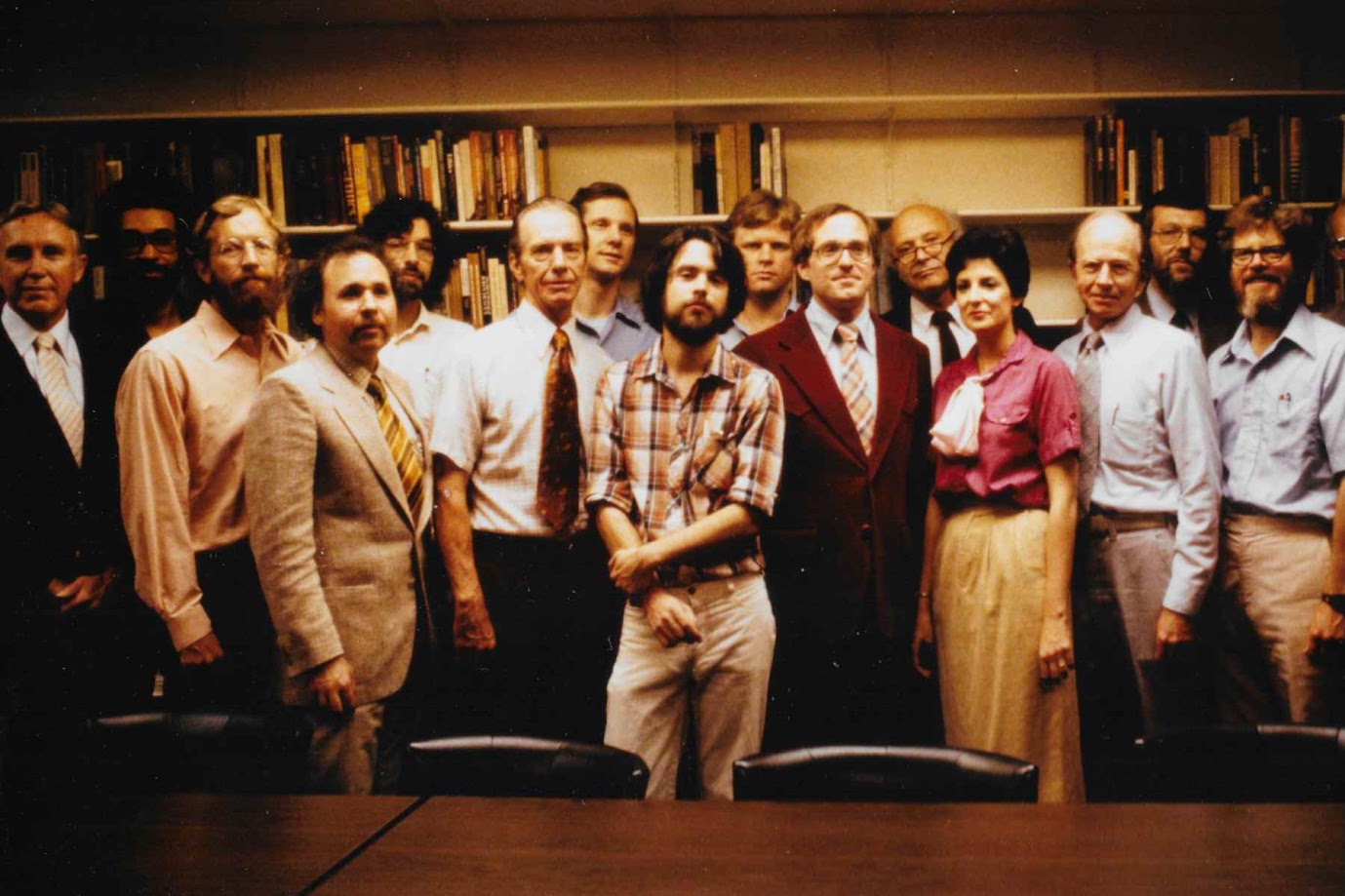New Faculty in Religious Studies

The religious studies program at NC State has been strengthened by the appointment of two new scholars to its continuing faculty in Fall 2020.
 Kathleen Foody, a specialist in Islam in the modern world, has been appointed as an assistant professor of religious studies. She has a B.A. in Religion, Sociology and Anthropology from Carleton College, an M.A. in Jewish, Islamic and Near-Eastern Studies from Washington University in St. Louis and a Ph.D. in Religious Studies from the University of North Carolina at Chapel Hill. Before coming to NC State, she served for several years on the international studies faculty at the College of Charleston.
Kathleen Foody, a specialist in Islam in the modern world, has been appointed as an assistant professor of religious studies. She has a B.A. in Religion, Sociology and Anthropology from Carleton College, an M.A. in Jewish, Islamic and Near-Eastern Studies from Washington University in St. Louis and a Ph.D. in Religious Studies from the University of North Carolina at Chapel Hill. Before coming to NC State, she served for several years on the international studies faculty at the College of Charleston.
Foody’s research focuses on religious studies, secularism, modern Islam, liberal Muslims, and liberal non-Muslim thinking about Muslims. She has published articles on Twentieth Century Muslim intellectuals in Iran, as well as media and Islamophobia, and “post-secular” pedagogies on US university campuses. Her current book project examines a series of international attempts to stage Islam for liberal publics.
 Xavier Pickett, a specialist in African American religions and African American studies, has been appointed as an assistant professor of religious studies and Africana studies. He has a B.B.A. in Marketing from Georgia State University, an M.Div. from Westminster Theological Seminary, a Th.M. from Princeton Theological Seminary and a Ph.D. in Religion and Society from Princeton Theological Seminary. He came to NC State after teaching religious studies at New York University for two years. He will teach in both the religious studies program and the Africana studies program.
Xavier Pickett, a specialist in African American religions and African American studies, has been appointed as an assistant professor of religious studies and Africana studies. He has a B.B.A. in Marketing from Georgia State University, an M.Div. from Westminster Theological Seminary, a Th.M. from Princeton Theological Seminary and a Ph.D. in Religion and Society from Princeton Theological Seminary. He came to NC State after teaching religious studies at New York University for two years. He will teach in both the religious studies program and the Africana studies program.
Pickett’s research focuses on African American religion, politics, emotions and social movements like Black Power and #BlackLivesMatter. His current book project reconceptualizes the academic study of Black religion by shifting attention to affect, literature and the secular. He is also working on a new theory of Black rage that reevaluates its common misconceptions with historical, ethical and political import.


